
Kathryn H. Schmitz, PhD, MPH, professor of Public Health Sciences and associate director of Population Sciences at the Penn State Cancer Institute, discusses benefits that can be reaped from running parallel mouse and human studies.

Kathryn H. Schmitz, PhD, MPH, professor of Public Health Sciences and associate director of Population Sciences at the Penn State Cancer Institute, discusses benefits that can be reaped from running parallel mouse and human studies.
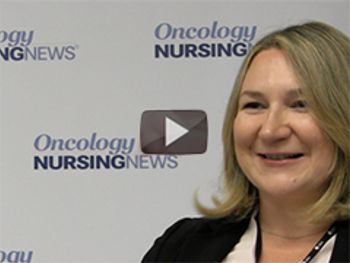
Olga Ivanov, MD, surgeon at the Florida Hospital Cancer Institute, discusses survivorship in breast cancer.
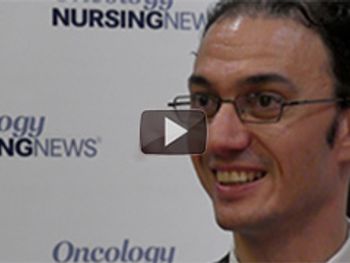
Dmitriy Zamarin, MD, PhD, assistant attending physician at Memorial Sloan Kettering Cancer Center, discusses side effects that nurses should look our for when treating patients with the T-VEC virus.
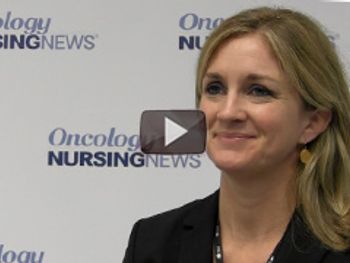
Tara Sanft, MD, Yale Cancer Center, discusses decreasing VEGF levels through exercise and diet to prevent breast cancer recurrence.
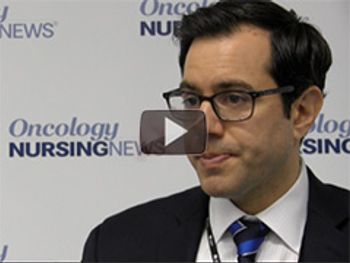
Matthew Galsky, MD, medical oncologist, Icahn School of Medicine at Mount Sinai, discusses treating different subsets of bladder cancer.
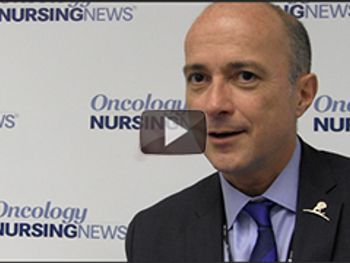
Carlos Rodriguez-Galindo, MD, chair of the Department of Global Pediatric Medicine and director of the International Outreach Program at St. Jude Children’s Research Hospital, and chair of the rare tumor committee at the Children’s Oncology Group, talks about the role rare cancer research has in advancing cancer care as a whole.
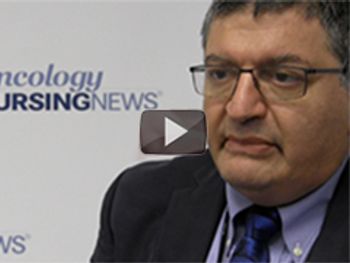
Bernardo L. Rapoport, MD, the Medical Oncology Centre of Rosebank, discusses how chemotherapy-induced nausea and vomiting (CINV) is an unmet need in cancer care.
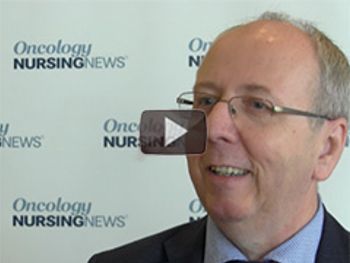
Robert Pirka, MD, Medical University of Vienna, discusses the role that nurses can play in making patients feel more comfortable about enrolling in a lung cancer clinical trial.
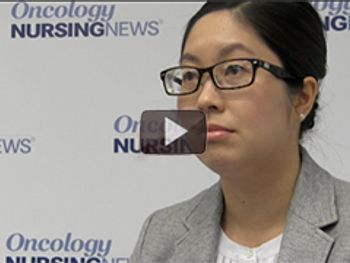
Melisa Wong, MD, Oncology Chief Fellow, Hematology/Oncology, Aging Research T32 Fellow, University of California San Francisco Geriatrics, discusses the impact that comorbidities have on the treatment for lung cancer.

Ignacio I. Wistuba, MD, chair of the department of Translational Molecular Pathologies at MD Anderson Cancer Center, discusses the role nurses play in the field of molecular testing.
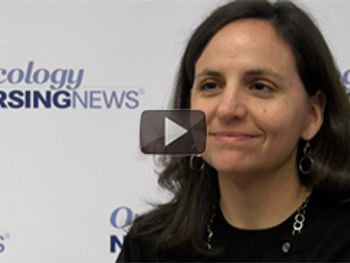
Jennifer Temel, MD, director of the Cancer Outcomes Research Program at Massachusetts General Hospital, discusses the benefits that palliative care can have not only on patients, but on their caregivers as well.
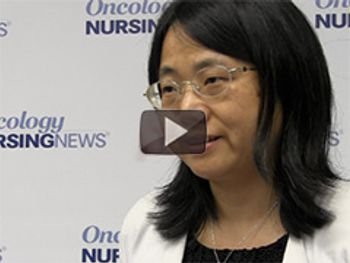
Yuhong Dong, MD, PhD, clinical researcher at Novartis, discusses the benefits of practicing Falun Gong for patients with terminal cancer.
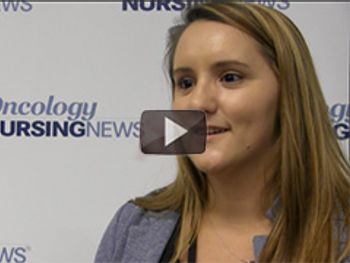
Kaitlyn Francese, RN, a research nurse at NYU Langone Medical Center, discusses the difficulty she faces in getting patients on clinical trials to talk about their side effects.
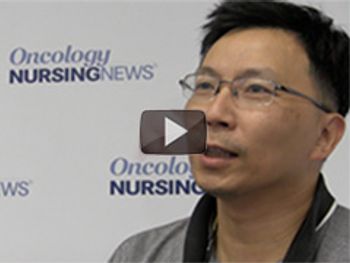
Shi-Yi Wang, MD, PhD, assistant professor of Epidemiology at Yale School of Public Health, discusses the need for change in aggressive end-of-life cancer treatment.
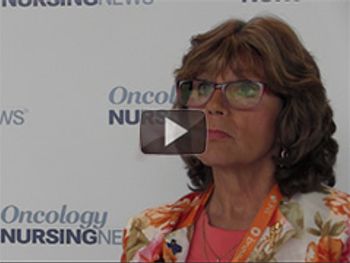

Mark E. Robson, MD, Clinical Director of the Clinical Genetics Services at Memorial Sloan Kettering Cancer Center, discusses when it is appropriate to go for genetic testing to determine cancer risk.
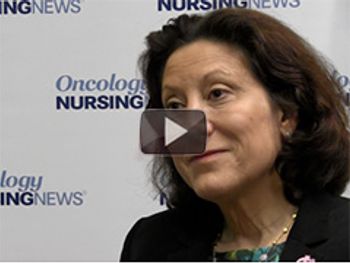
Hope S. Rugo, MD, professor of Medicine and director of breast oncology and clinical trials education at the UCSF Helen Diller Family Comprehensive Cancer Center, discusses DigniCap, a scalp cooling device to prevent chemotherapy-induced hair loss.

Kathryn H. Schmitz, PhD, MPH, professor of Public Health Sciences and associate director of Population Sciences at the Penn State Cancer Institute, discusses what researchers already know regarding diet and exercise and breast cancer, and what questions are yet to be answered.
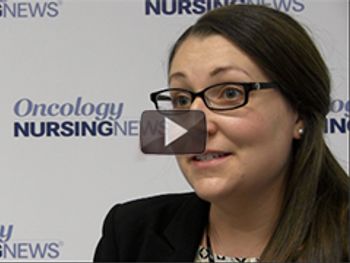
Erica Bell, PhD, assistant professor of Radiation Oncology at The Ohio State University, discusses prognostic factors for patients diagnosed with grade 2 gliomas.

Melisa Wong, MD, Oncology Chief Fellow, Hematology/Oncology at the University of California San Francisco, discusses differences among age groups in the treatment of non–small cell lung cancer (NSCLC).

Debu Tripathy, MD, chair of the Department of Breast Medical Oncology at University of Texas MD Anderson Cancer Center, discusses the potential for using breast cancer tumor DNA to make treatment decisions.

Olga Ivanov, MD, breast cancer surgeon at the Florida Hospital Cancer Institute, discusses sexual difficulties women who have had risk-reducing cancer surgery face.
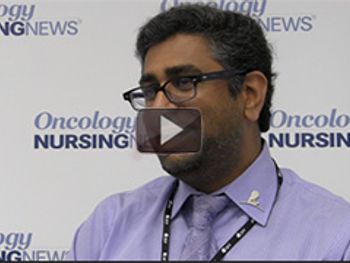
Nickhill Bhakta, MD, fellow at St. Jude Children’s Research Hospital, discusses disease burden on adult survivors of pediatric cancer.
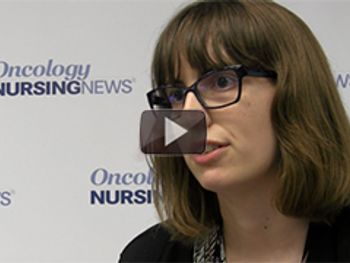
Heather E. Wheeler, assistant professor of Biology and Computer Science at Loyola University Chicago, discusses genetic factors that may lead to hearing loss in patients with testicular cancer who are on cisplatin.
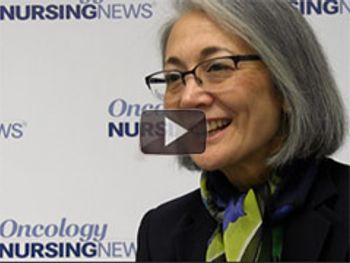
Celestia S. Higano, MD, of the Seattle Cancer Care Alliance, discusses sexual health services that are available to survivors of prostate cancer.
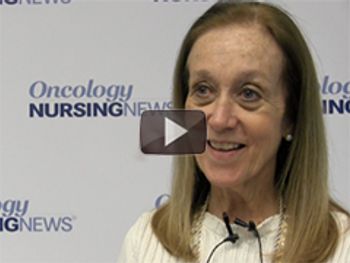
Mary McCabe, RN, MA, director of the Cancer Survivorship Center at Memorial Sloan Kettering (MSK) Cancer Center, discusses how nurse practitioners are becoming increasingly important in survivorship care for patients who are finished with their cancer treatment.
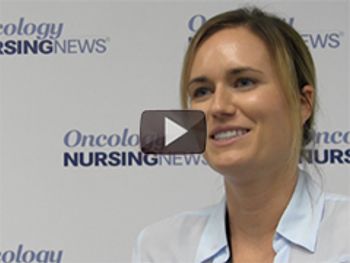
Kelly Kenzik, MS, PhD, epidemiologist at the University of Alabama at Birmingham School of Medicine, discusses her findings regarding long-term mortality disparities among African American and white women with breast cancer.
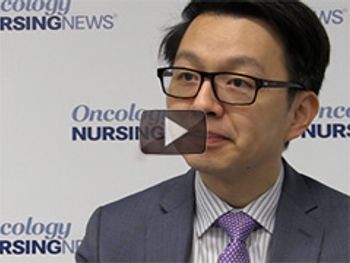
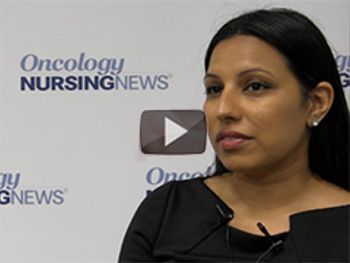
Harpreet Singh of the FDA discusses how clinical trial populations are not always reflective of the population of patients who eventually end up getting treated by the therapies.

Carlos Rodriguez-Galindo, MD, chair of the Department of Global Pediatric Medicine and director of the International Outreach Program at St. Jude Children’s Research Hospital, and chair of the rare tumor committee at the Children’s Oncology Group, discusses treating rare pediatric cancers.